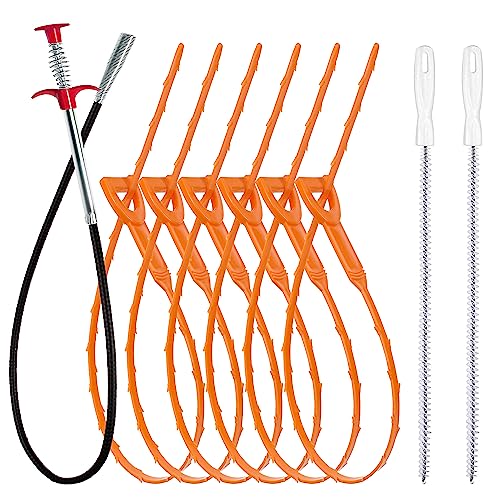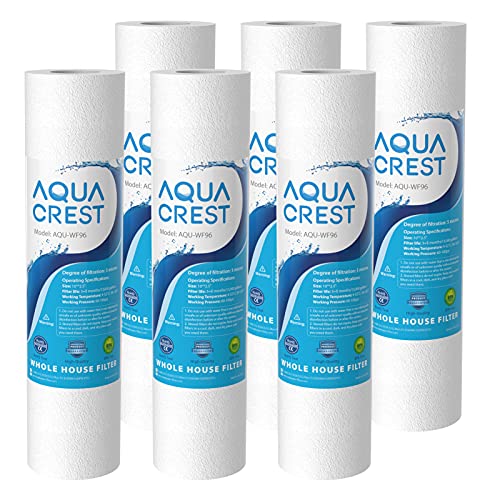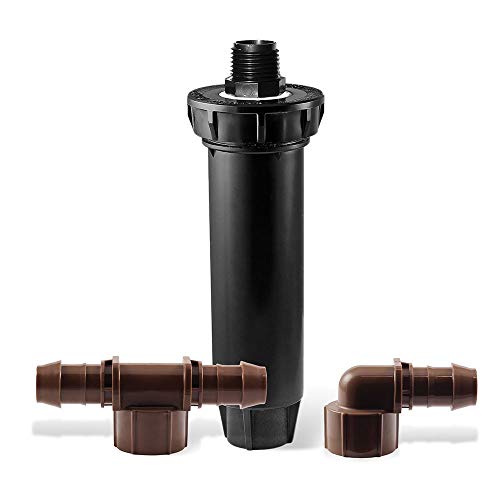Hey all!
I live on a main state road in utah and a large construction company has been putting in a new massive gas line. It is going to be running directly below our sidewalk.
Where they came to our water main they were digging around it by hand with a shovel and hit it. The pipe is galvanized steel and is , my guess, 40-60 years old. It didn't shatter or crack, but from what I'm told a chunk was knocked off and my wife got a video of water spraying everywhere.
They attached a clamp, but the line is still dripping a small amount. We were planning on replacing this line eventually (owned the house for a year - lots of other projects in line before this one) - but my questions is is there any liability on the part of the contracted company doing the work or since my pipe was so old am I s.o.l? I've tried contacting the city, but they're going to be filling the hole today and tomorrow morning, so I feel like I'm a bit limited on time.
Thanks for your insight guys!

I live on a main state road in utah and a large construction company has been putting in a new massive gas line. It is going to be running directly below our sidewalk.
Where they came to our water main they were digging around it by hand with a shovel and hit it. The pipe is galvanized steel and is , my guess, 40-60 years old. It didn't shatter or crack, but from what I'm told a chunk was knocked off and my wife got a video of water spraying everywhere.
They attached a clamp, but the line is still dripping a small amount. We were planning on replacing this line eventually (owned the house for a year - lots of other projects in line before this one) - but my questions is is there any liability on the part of the contracted company doing the work or since my pipe was so old am I s.o.l? I've tried contacting the city, but they're going to be filling the hole today and tomorrow morning, so I feel like I'm a bit limited on time.
Thanks for your insight guys!

Last edited:























![MEISTERFAKTUR drain snake 2.0 [50 FT] - with drill attachment - Ideal plumbing snake for sink and drain unblocking - Solid drain auger for real DYIs! (50 FT - 1/4 inch)](https://m.media-amazon.com/images/I/41VwmTiOsgL._SL500_.jpg)































